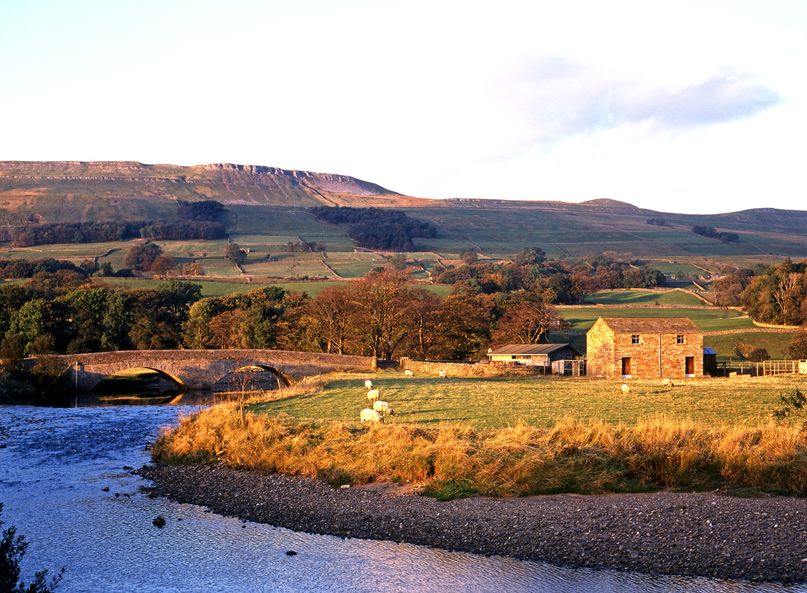
The launch of the Welsh Government's consultation on new Nitrate Vulnerable Zones (NVZ) in Wales is expected in the coming weeks.
A nitrate vulnerable zone is a conservation designation for areas of land that drain into nitrate polluted waters, or waters which could become polluted by nitrates.
NFU Cymru’s Rural Affair’s Board has stressed the need for sound science to be at the heart of Welsh Government policy making.
In line with the Nitrates Directive, EU Member States are required to undertake a review to assess and designate areas as NVZs every four years.
The Welsh Government consultation is expected to put forward proposals for a number of new designations, including a significant area in Pembrokeshire.
NFU Cymru Rural Affairs Board Chairman Hedd Pugh said: "Any new NVZ designations in Wales are likely to have a significant impact on farm businesses and the wider rural economy.
"Proposals also have to be considered in the context of difficult market conditions across all sectors which will challenge the ability of some farmers to make the investments required to comply with the regulation.
"It is, therefore, of vital importance that designations are only taken forward where the evidence is robust and where it can be demonstrated that comprehensive monitoring has been undertaken by Natural Resources Wales."
'Voluntary rather than regulatory measures'
Mr Pugh continued: "We have received assurances from Welsh Government that the consultation on new designations will be launched at the same time as the consultation on the Action Programme of Measures.
"This will allow the farmers affected to gain a better understanding of the costs and effects to their individual businesses.
"This should be accompanied by a full Regulatory Impact Assessment that sets out the increased costs and regulatory burden on farm businesses together with the anticipated levels of improvement in water quality as a result of the Action Programme so the full cost-benefit of regulation can be fully understood.
"We remain convinced that the best outcomes and greatest progress across a number of environmental objectives, including water quality, can be achieved through voluntary rather than regulatory measures.
"We call on Welsh Government to explore options to take forward a voluntary approach within potential NVZ areas, in line with the experimental powers identified in the new Environment (Wales) Act 2016."
